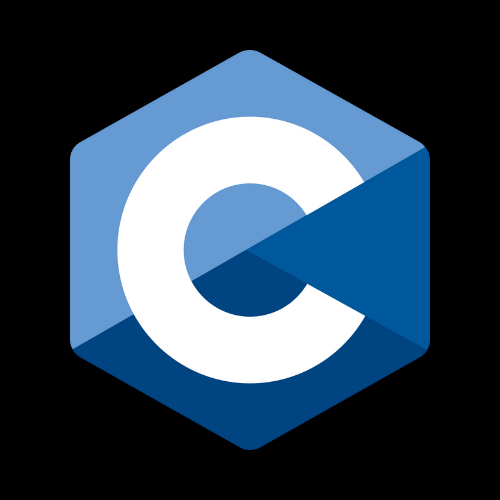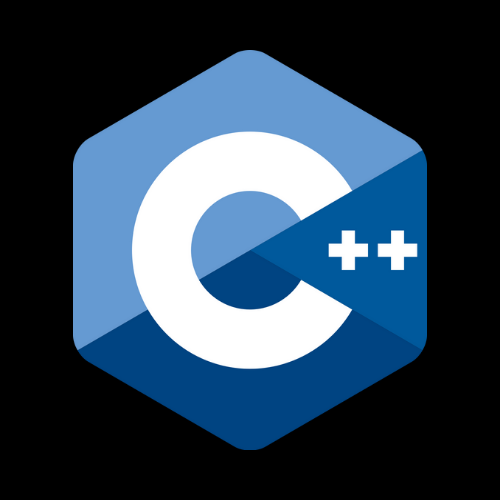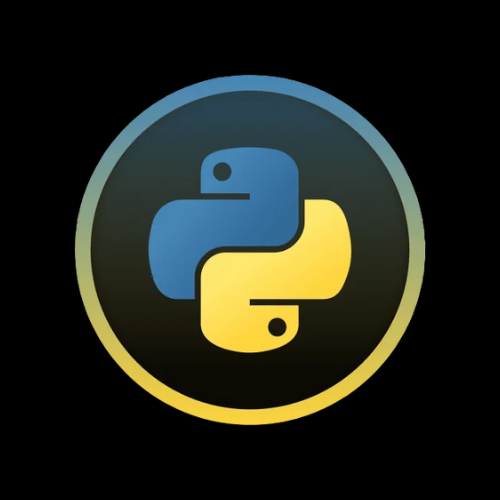C is a general-purpose programming language known for its simplicity and low-level features. Here is a detailed overview of the syntax in the C programming language:
1. Keywords:
- C has a set of keywords that are reserved and cannot be used as identifiers for variables or functions. Some common keywords include int, char, if, else, while, and return.
2. Identifiers:
- Identifiers are names given to variables, functions, and other program elements. They must start with a letter or an underscore and can be followed by letters, digits, or underscores.
3. Data Types:
- C supports several basic data types, including:
- int: Integer data type.
- char: Character data type.
- float: Single-precision floating-point data type.
- double: Double-precision floating-point data type.
- void: Represents the absence of a data type.
4. Declaration:
- Variables must be declared before they are used. The declaration specifies the data type and the name of the variable.
int age;
float temperature;
char grade;
5. Initialization:
- You can initialize a variable at the time of declaration.
int count = 0;
double pi = 3.14159;
char grade = 'A';
6. Comments:
- C supports two types of comments:
- Single-line comments start with //.
- Multi-line comments are enclosed within /* and */.
// This is a single-line comment
/*
This is a
multi-line comment
*/
7. Operators:
- C provides various operators for performing operations on variables and values, including arithmetic, comparison, and logical operators.
8. Control Structures:
- if, else if, else: Conditional statements for decision-making.
- while, for, do-while: Looping constructs for repetition.
- switch, case, break, default: Switch statement for multi-way branching.
9. Functions:
- Functions in C allow you to group a set of statements into a single unit that can be called from other parts of the program. Functions are declared with a return type, a name, and a list of parameters.
int add(int a, int b) {
return a + b;
}
10. Arrays:
- Arrays are used to store multiple elements of the same data type. They are declared with a fixed size.
int numbers[5] = {1, 2, 3, 4, 5};
11. Pointers:
- Pointers are variables that store memory addresses. They are used for dynamic memory allocation and advanced data manipulation.
int *ptr; // Pointer to an integer
12. Structures:
- Structures allow you to group variables of different
data types under a single name.
struct Student {
char name[50];
int roll_number;
float marks;
};
13. File I/O:
- C provides functions for reading from and writing to files. This involves opening a file, performing read/write operations, and closing the file.
14. Preprocessor Directives:
- Preprocessor directives start with a # and are processed before the code is compiled. Common directives include #include and #define.
#include
#define PI 3.14159
15. Escape Sequences:
- C uses escape sequences to represent special characters in strings, such as "\n" for a newline and "\t" for a tab.
printf("Hello, world!\n");
16. Operators:
- C has a wide range of operators, including arithmetic operators (+, -, *, /, %), comparison operators (==, !=, <, >, <=, >=), and logical operators (&&, ||, !).
C's syntax is known for its minimalism, which allows for greater control and flexibility in programming, but it also requires careful attention to detail to avoid common programming errors like memory leaks and buffer overflows.



